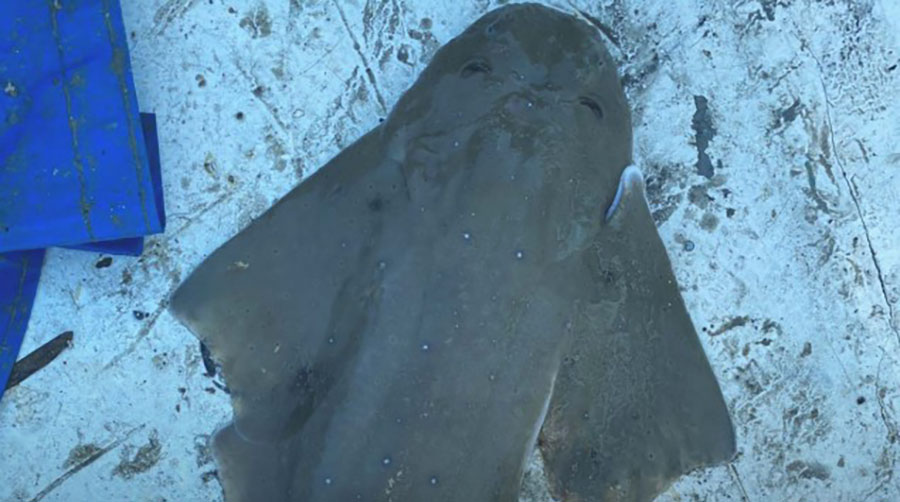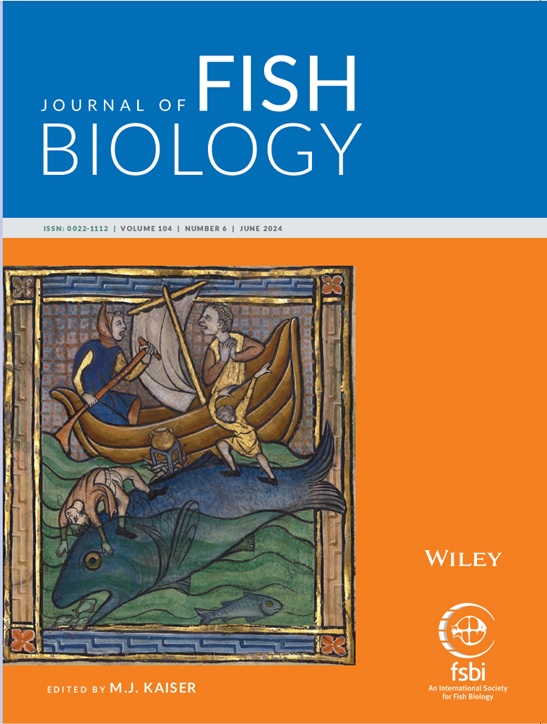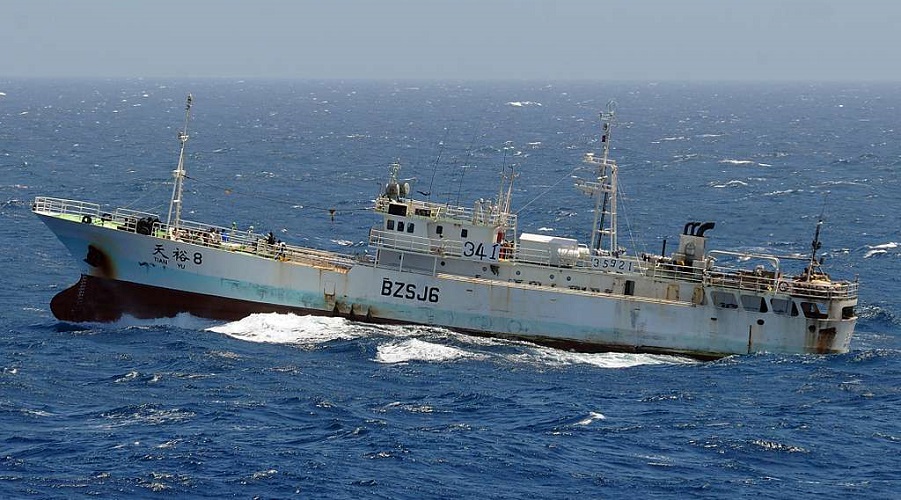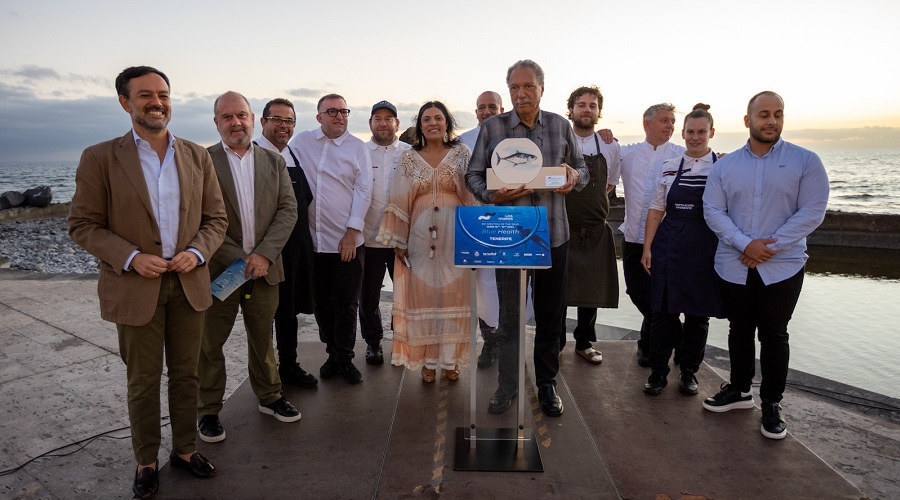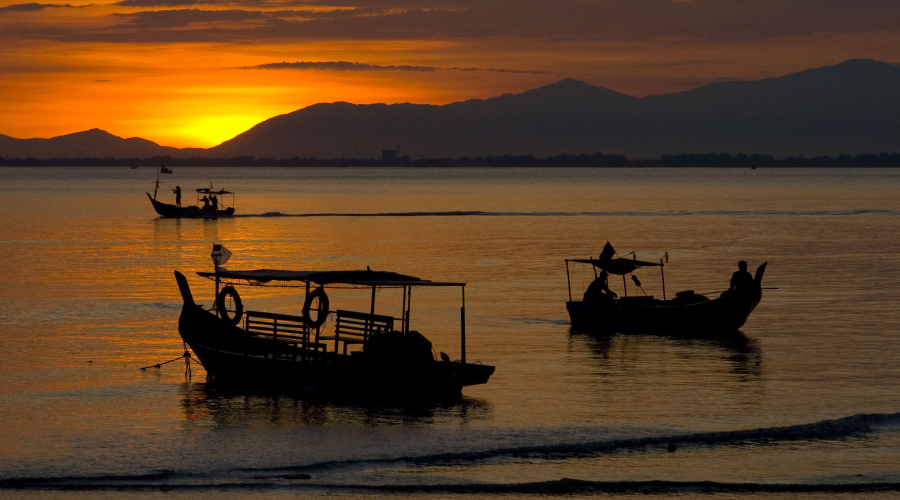
Small-scale fisheries in Malaysia. Photo by Jamie Oliver – WorldFish, Flickr.
A week before Brussels’ Ocean Week and a few months before the UN Ocean Conference in Nice, a group of researchers published the results of an unprecedented scientific effort: they redefine the concept of ‘sustainable fishing’ and propose eleven ‘golden rules’ that radically challenge the flawed notion that currently prevails in fisheries management.


